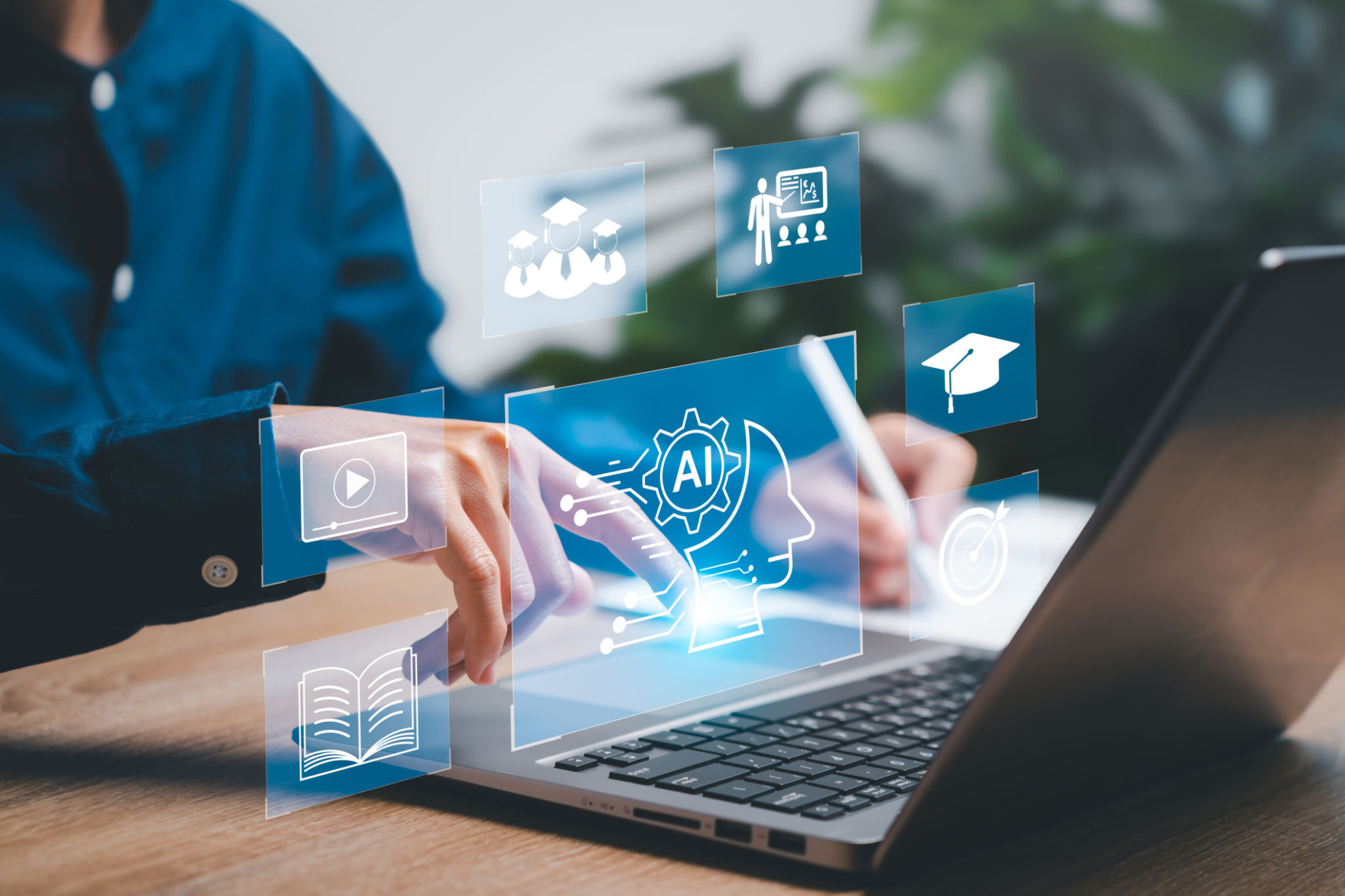How AI-Driven Personalized Learning Experiences Transform Kids' Reading Skills
Introduction to AI-Driven Personalized Learning
In today's digital age, artificial intelligence (AI) is revolutionizing various sectors, and education is no exception. AI-driven personalized learning experiences are increasingly being integrated into educational frameworks, significantly enhancing kids' reading skills. These technologies tailor learning experiences to meet individual student needs, providing a customized path that nurtures their growth and development.

The Power of Personalization in Reading
Personalization is at the heart of AI-driven learning. By analyzing a child's reading habits, comprehension levels, and interests, AI can craft a unique learning journey for each student. This approach ensures that students are engaged and challenged at the right level, promoting effective learning outcomes. For instance, children who struggle with certain aspects of reading can receive targeted exercises, while advanced readers can be given more complex materials to stimulate their intellect.
The adaptive nature of these systems means that they can evolve with the learner. As a child's reading skills improve, the AI adjusts the content's difficulty level, ensuring continuous growth. This dynamic adjustment helps maintain a child's motivation and interest in reading, which is crucial for developing lifelong learning habits.
Enhancing Engagement through Interactive Elements
AI-driven platforms often incorporate interactive elements such as games, quizzes, and multimedia resources to make reading more engaging. These tools transform traditional reading exercises into fun and interactive activities that capture children's attention. By integrating visuals, sounds, and interactive content, these platforms can turn reading from a mundane task into an exciting adventure.

Moreover, the use of AI in reading programs often includes gamification techniques. By incorporating rewards and achievements into the learning process, children are incentivized to progress through their reading material. This gamified approach not only boosts engagement but also encourages a competitive spirit that can drive further improvement in reading skills.
Real-Time Feedback and Progress Tracking
One of the significant advantages of AI-driven personalized learning is the provision of real-time feedback. Unlike traditional classroom settings where feedback might be delayed, AI systems analyze student performance instantly and provide immediate insights. This allows educators and parents to identify areas where a child might struggle and address them promptly.
Additionally, these platforms often include comprehensive progress tracking features. By monitoring a child's reading journey over time, educators can gain valuable insights into their development and adjust teaching strategies accordingly. This data-driven approach ensures that each child's unique learning needs are met effectively.

The Role of AI in Building Confidence
AI-driven personalized learning experiences play a crucial role in building children's confidence in their reading abilities. By providing tailored content that matches their skill levels, children are more likely to experience success and less likely to become frustrated or discouraged. This positive reinforcement encourages them to take on new challenges with enthusiasm.
As children gain confidence in their reading skills, they are more likely to explore new genres and topics, broadening their horizons and fostering a love for literature. This intrinsic motivation is key to developing strong reading habits that will benefit them throughout their educational journey and beyond.
Conclusion
AI-driven personalized learning experiences are transforming how children develop their reading skills by providing tailored, engaging, and dynamic educational pathways. As these technologies continue to advance, they hold the promise of creating more inclusive and effective learning environments that nurture every child's potential. By embracing these innovations, educators and parents can ensure that children have the tools they need to succeed in an increasingly complex world.
